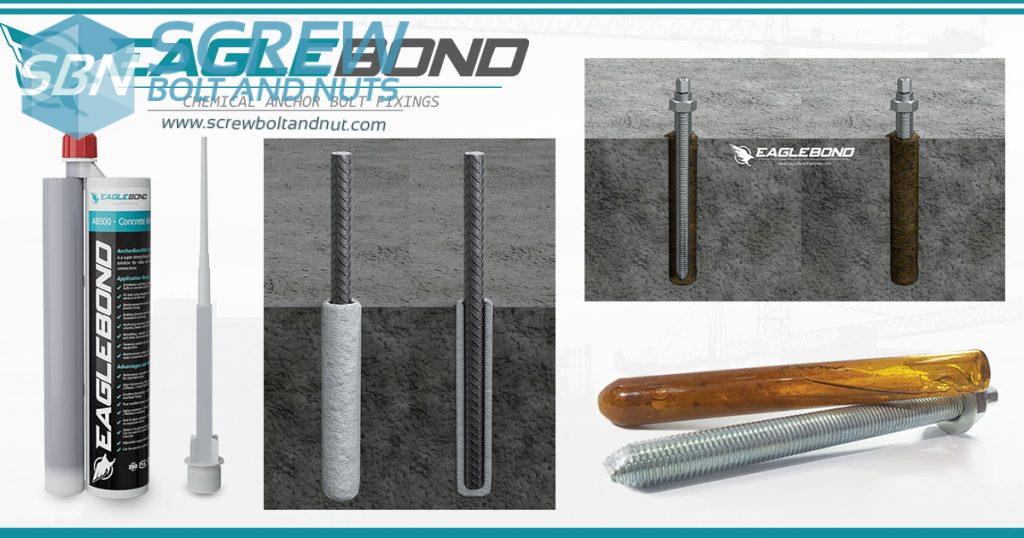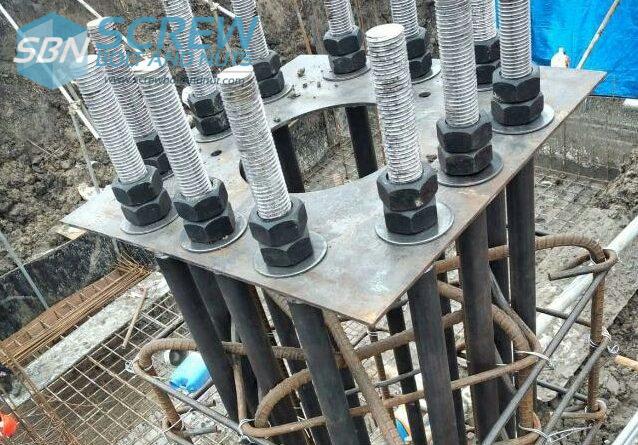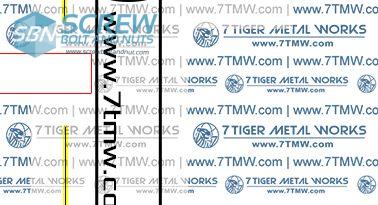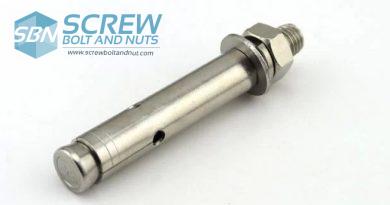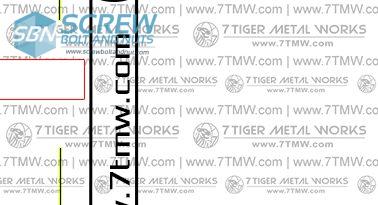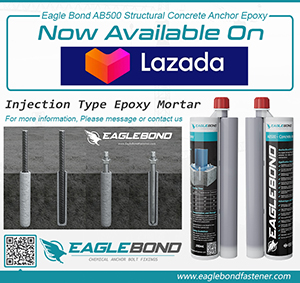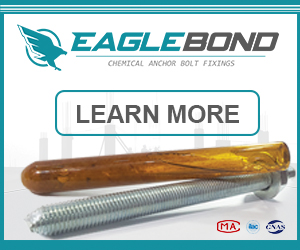Anchor Bolt
Anchor bolts are used to connect structural and non-structural component to concrete. The connection can be manufactured by a variety of nonidentical elements anchor bolts ( also named fasteners), Metal plates, or stiffeners. Anchor bolts transfer different types of haul tension forces and shear forces.
A connection between structural Element can be defined by Metal columns fastened to a reinforced concrete foundation. A usual case of a non-structural element fastened to a structural bone is the connection between a facade system and a reinforced concrete foundation.
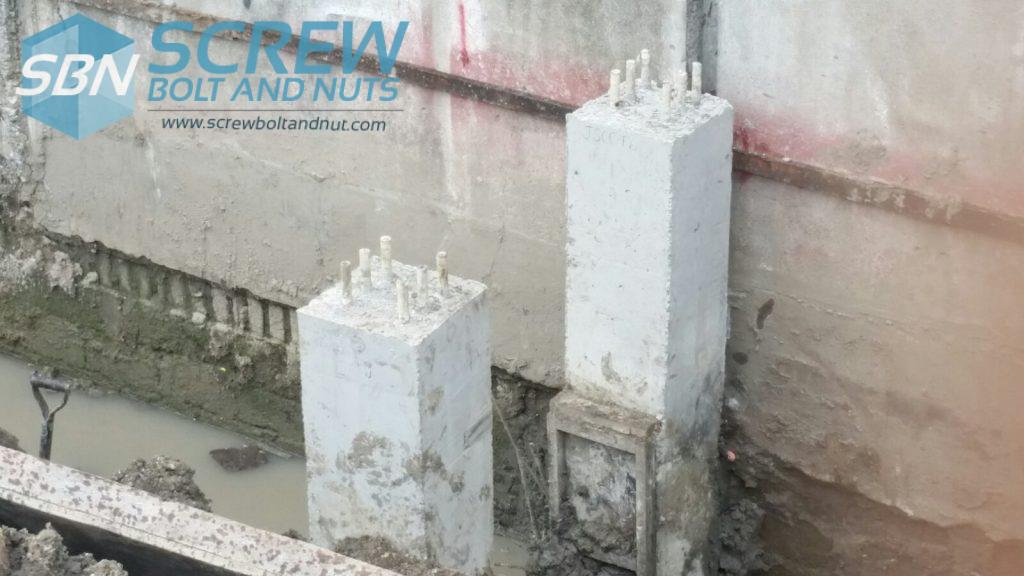
Anchor bolts are used to connect steel plates or structural elements to concrete/ beam. Anchor bolt inferred from the word Anchor (like in boats) to hook/ attach the concrete/ slab to its structural component. It’s frequently used with wide flange welded on top of a steel plate, but usage may vary depending on client’s specification. Anchor bolts typically contain 3 parts to complete a set substantially bolt, hexagonal nut and flat washer.
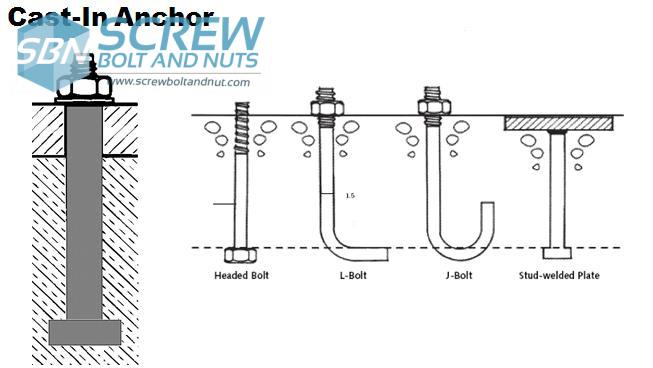
Two types of application for Anchor Bolt
- Cast in Place Anchor Bolt or Pre Installation Anchor Bolt
- Post Installed or Post Installation of Anchor Bolt
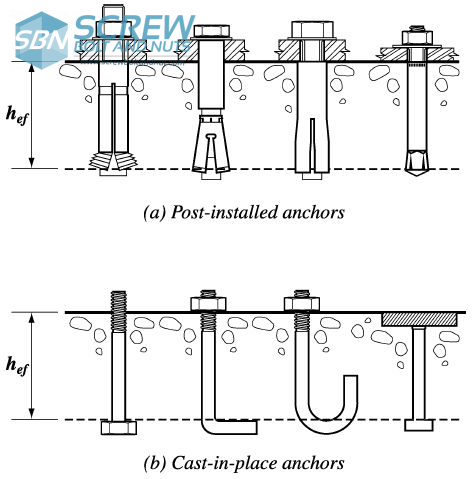
Cast in Place Anchor Bolt or Pre Installation Anchor Bolt
Cast in Place anchor is a method where we install the anchor bolt in place before pouring cement. Cast in place anchor bolt or Pre installed anchoring can have multiple shape depending on the specification given by the designer.
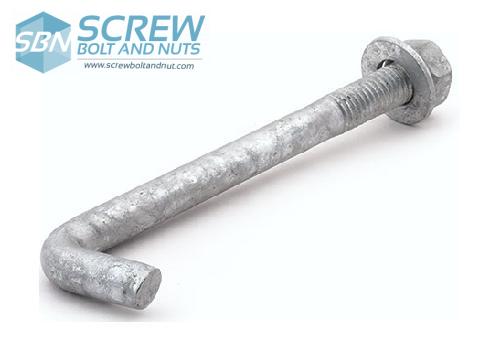
Cast in place anchoring are anchor bolts that are cast in wet concrete before the concrete set in place. Normally the anchor bolt will be initiated in the foundation, which is then loaded with wet concrete, solely leaving the thread of the anchor bolt expose. The most common frameworks of a cast-in-place anchor are a headed anchor bolt, a 90 degree bend anchor, or a rod with threads on each end with the embedded end having an assembled nut and frequently an anchor plate to keep the rod from drawing out. Some hex head may also be used. Cast-in-place anchors are typically used when big embedment lengths and high tensile strengths are needed for a presented payload.
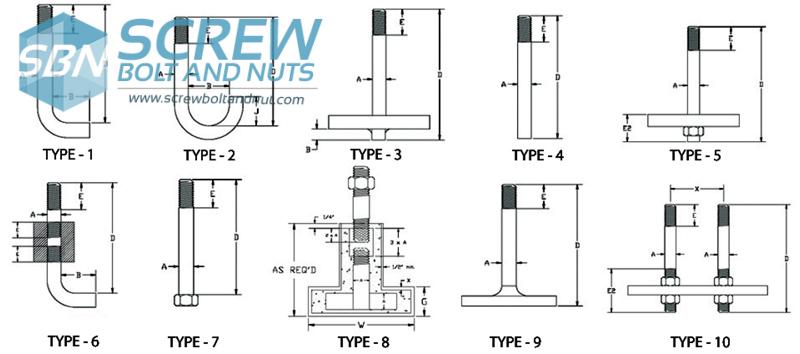
Where to buy Cast in Place Anchor Bolt
The best supplier and manufacturer of custom size and shape of Anchor Bolt In Metro Manila, Philippines is www.7tmw.com , They offer all types and grades of anchor bolt like high tensile, stainless, carbon steel and etc. that is needed for a project. There are no limits for special made to order bolt and nuts, they can provide every details in specification and technical requirements for fasteners.

There are 2 types of Post installed Anchoring
The 2 types of Post-installed anchor bolt are mechanical expansion anchors (MEA) and chemical adhesive anchors. Post-installed anchoring are type of anchor bolts which are set up after the concrete base has been set or once the pouring of concrete is fully cured. A hole is drilled into the fully cured concrete and the anchor is then set up into the hole.
Mechanical Expansion Anchor Bolt
Mechanical anchors or Expansion Anchor Bolts are anchors that mechanically anchor themselves within inside the base and are first placed into the pre-drilled hole. They expand the bearing made from a couple of part, permitting the parts of the mechanical anchor to move independently and create an expansion in opposition to the concrete surface. Stress towards the concrete wall of the hole is its holding power via creating friction. Down side of mechanical anchoring is it rely on some certain point in drilled hole where it expanded and it does not cover the whole hole. once it is installed, removing or uninstalling the expanded bolt is difficult and may cause damage to concrete. Mechanical Anchor bolts are easy to install but their load capacity and tensile strength once installed is low and may cause crack in area where concrete PSI is low.
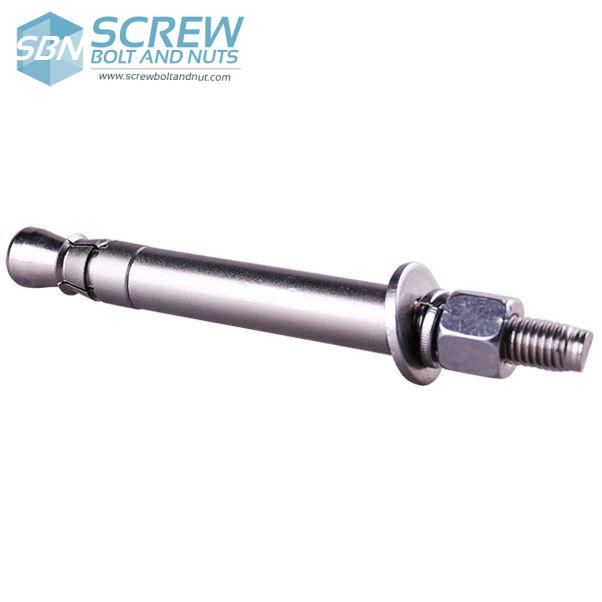
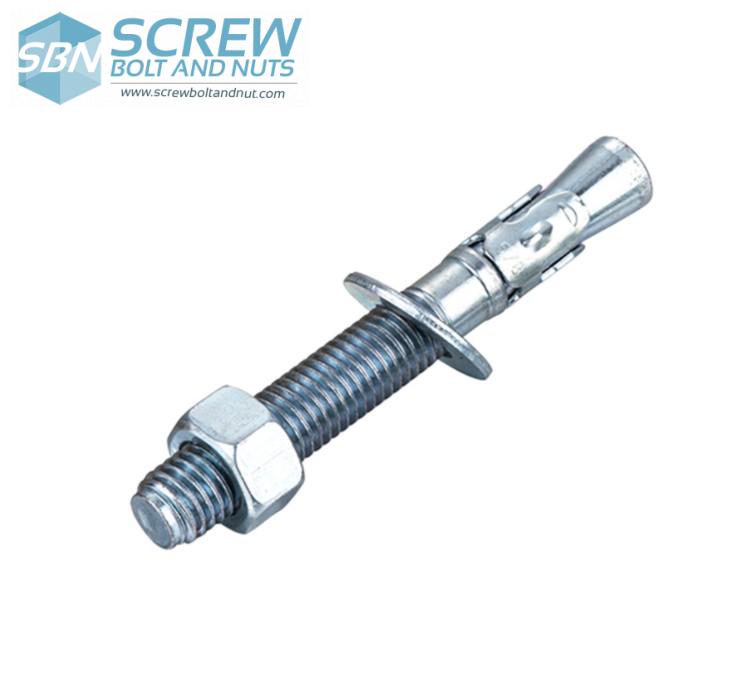
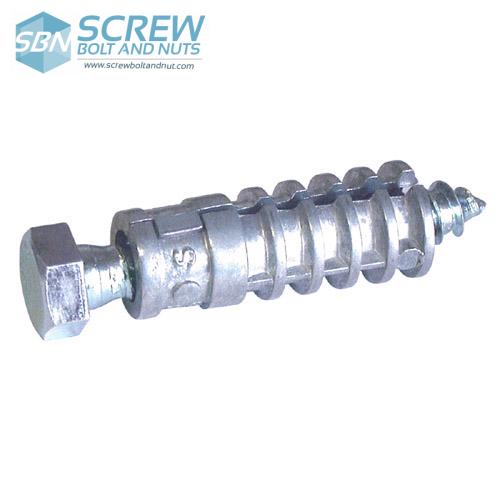
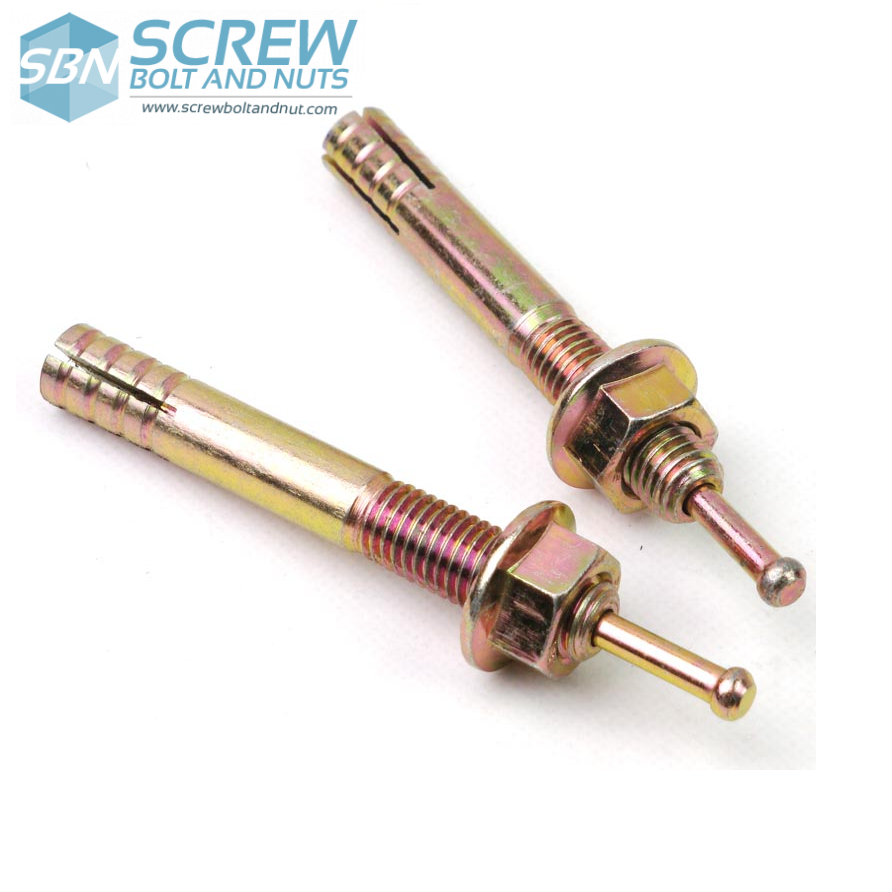
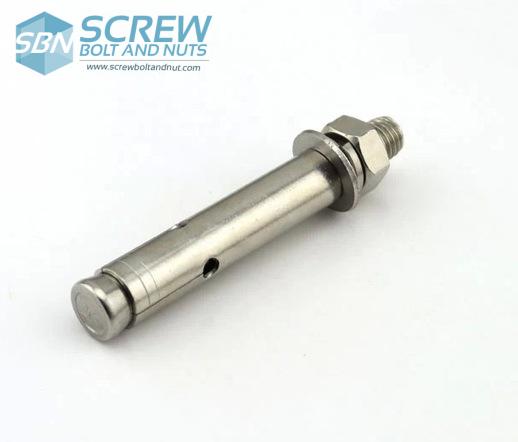
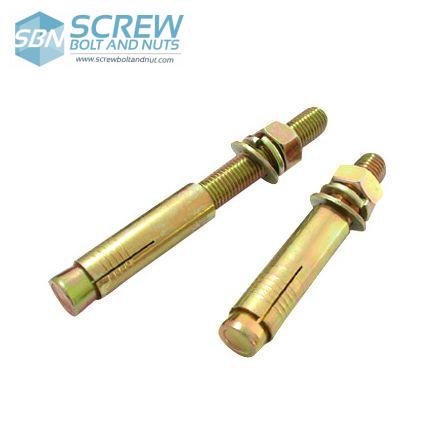
Chemical Adhesive Anchoring
Chemical adhesive anchors are anchor bolts using epoxy agent which can be positioned in a pre-drilled hole which includes an adhesive that dries and bonds to the anchor rod or full thread rod in to the concrete. Adhesive anchors, or also known as epoxy anchoring system hold stronger compare to mechanical anchor. it has a higher tensile strength and can produce less stress in concrete since its holding point is technically the whole holes.
There are 2 types of chemical anchoring solutions, Chemical Capsule type or Chemical injection adhesive type.
Chemical Bolt Capsule type with Full Thread Rod
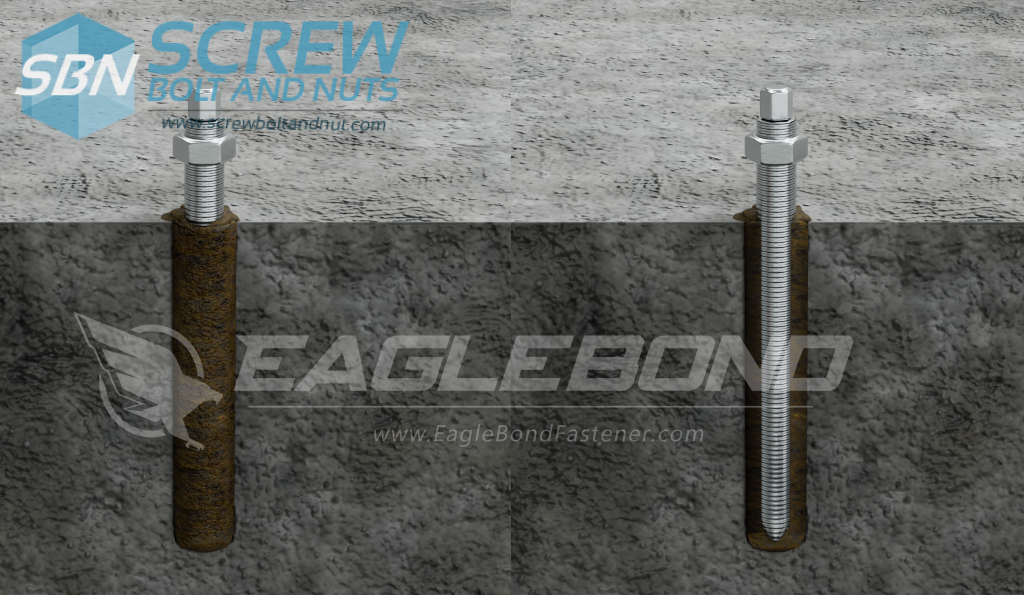
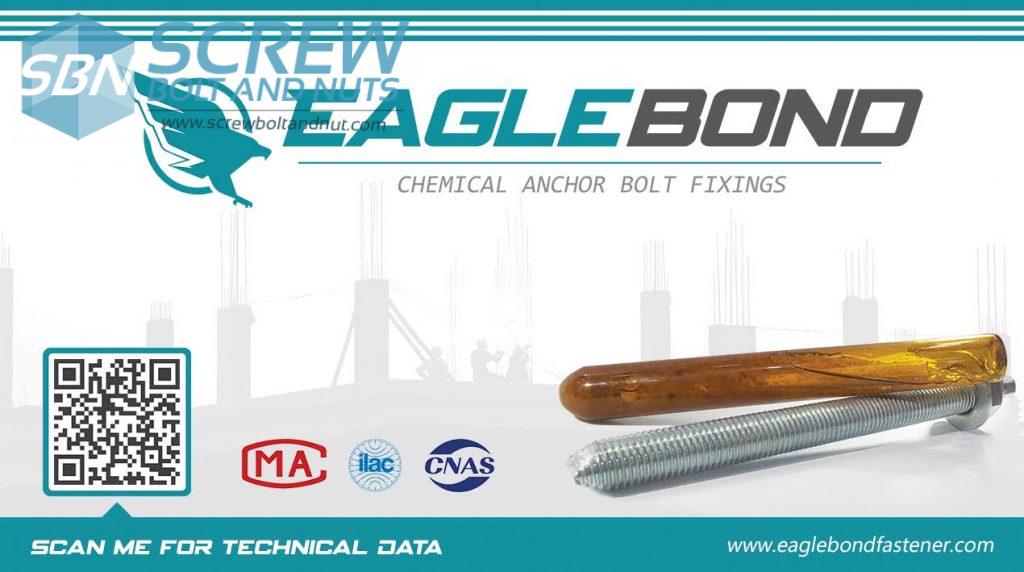
Concrete Anchor Epoxy Injection type
Some companies that offer epoxy resin mortar kind of epoxy are Hilti HIT-RE 500 V3 Epoxy anchor, Fischer Epoxy mortar FIS EB, Rawplug R-KEX II and The MOST we recommend is EagleBond AB500 Concrete Anchor Epoxy.
EagleBond AB500 Concrete Chemical Resin Epoxy is a high quality epoxy that is on par and with same performance to top leading brand for concrete epoxy.
Another advantage of EagleBond AB500 Concrete Anchor Epoxy is its price for only 1/4th the price vs other brands in the market.
Eagle bond epoxy is proven and tested. Please see video of strength test for references
